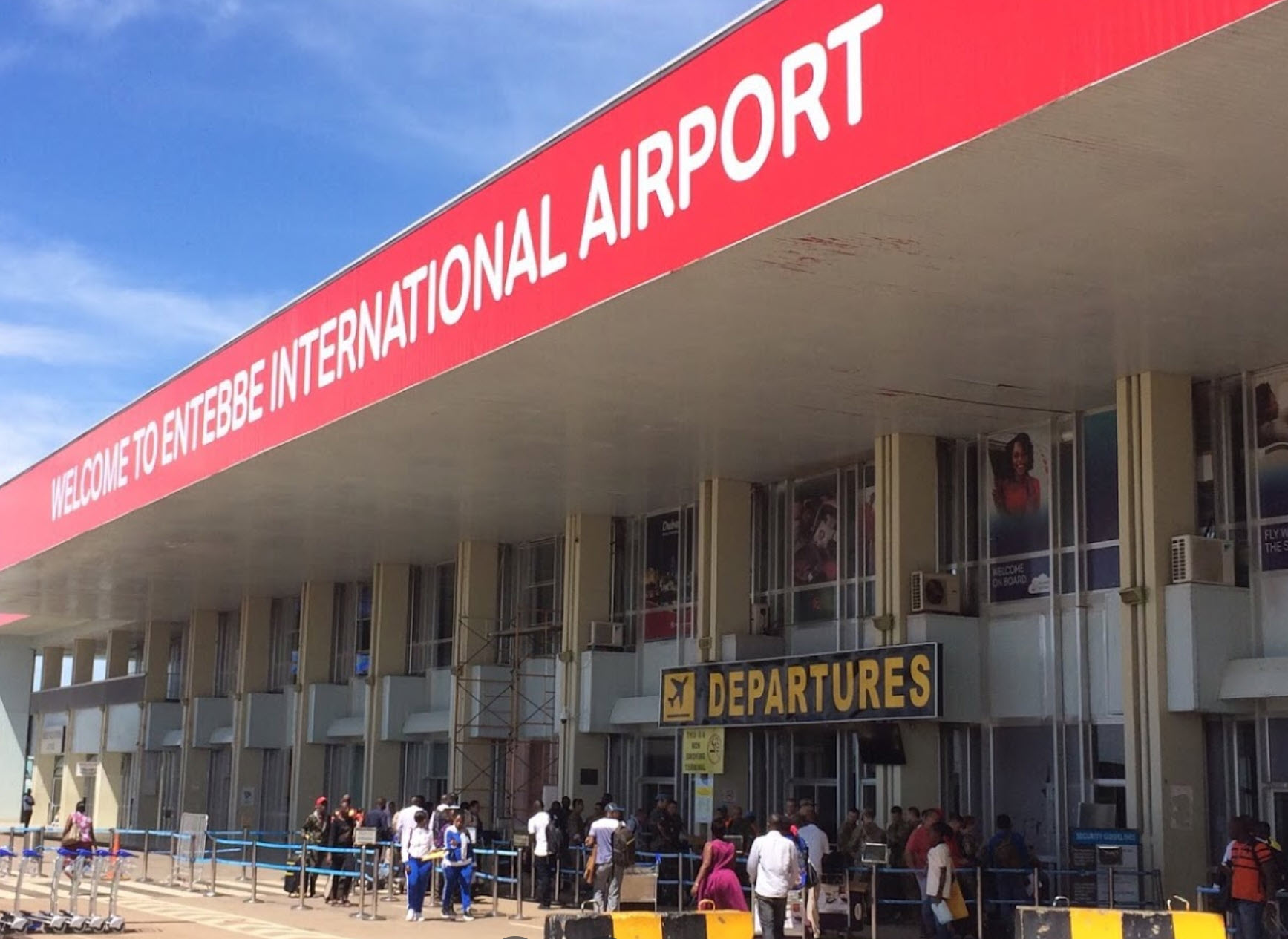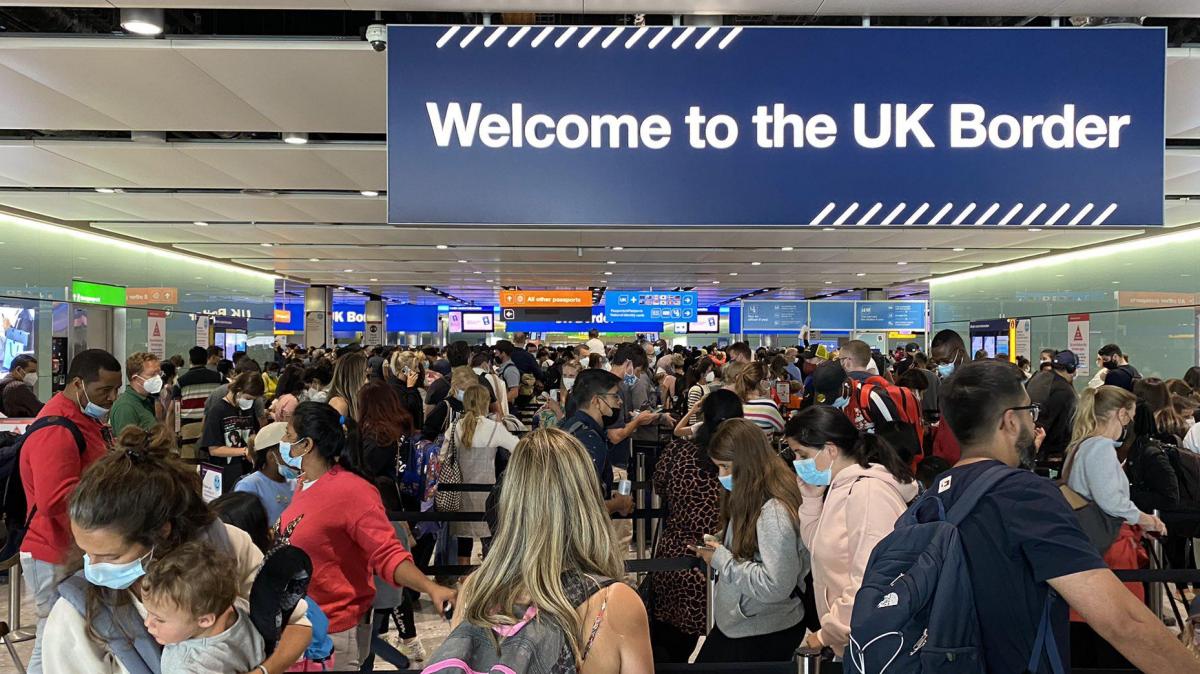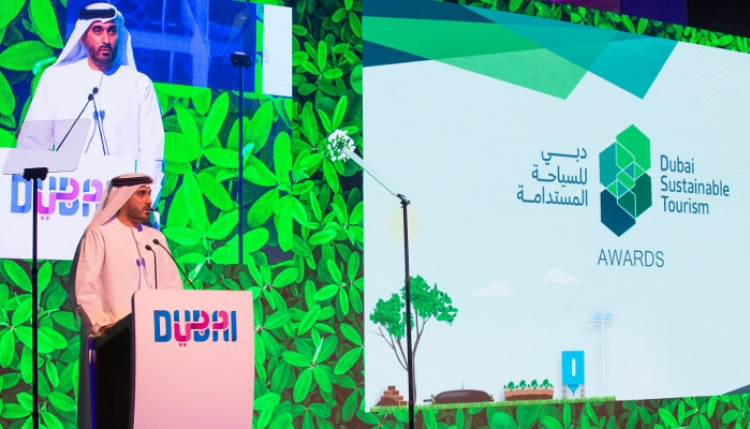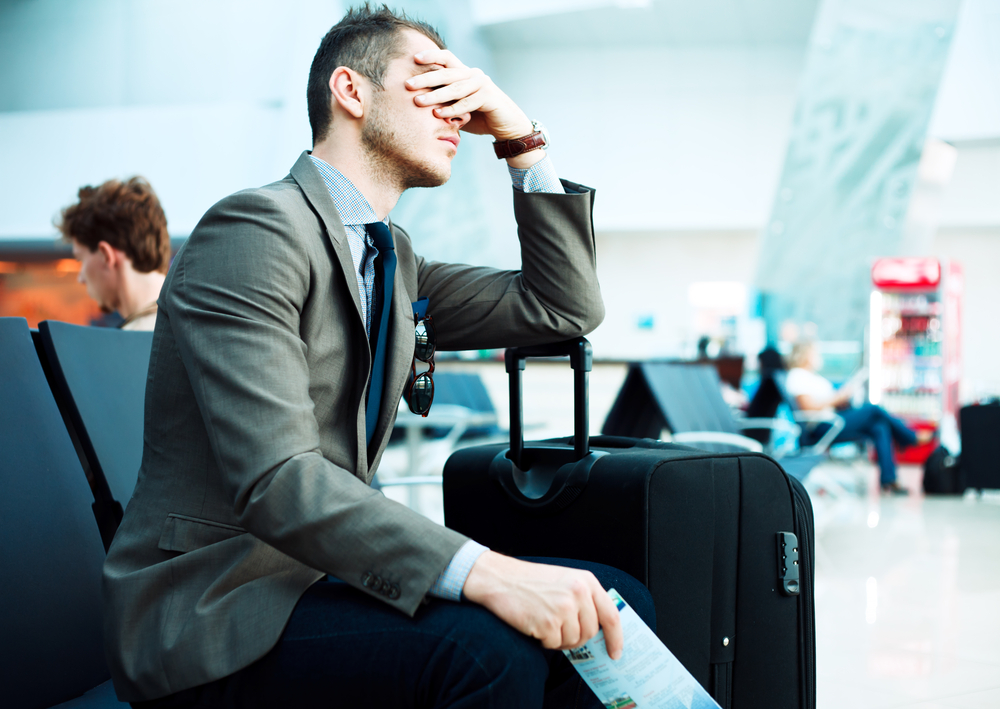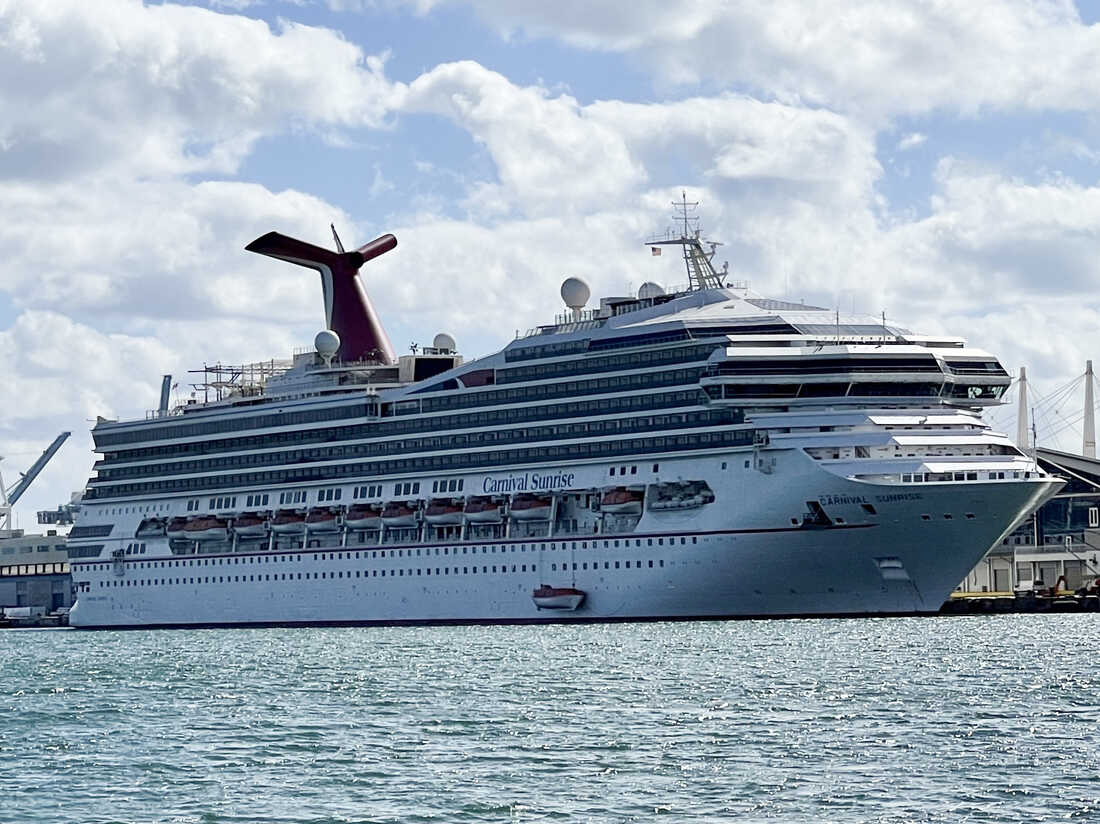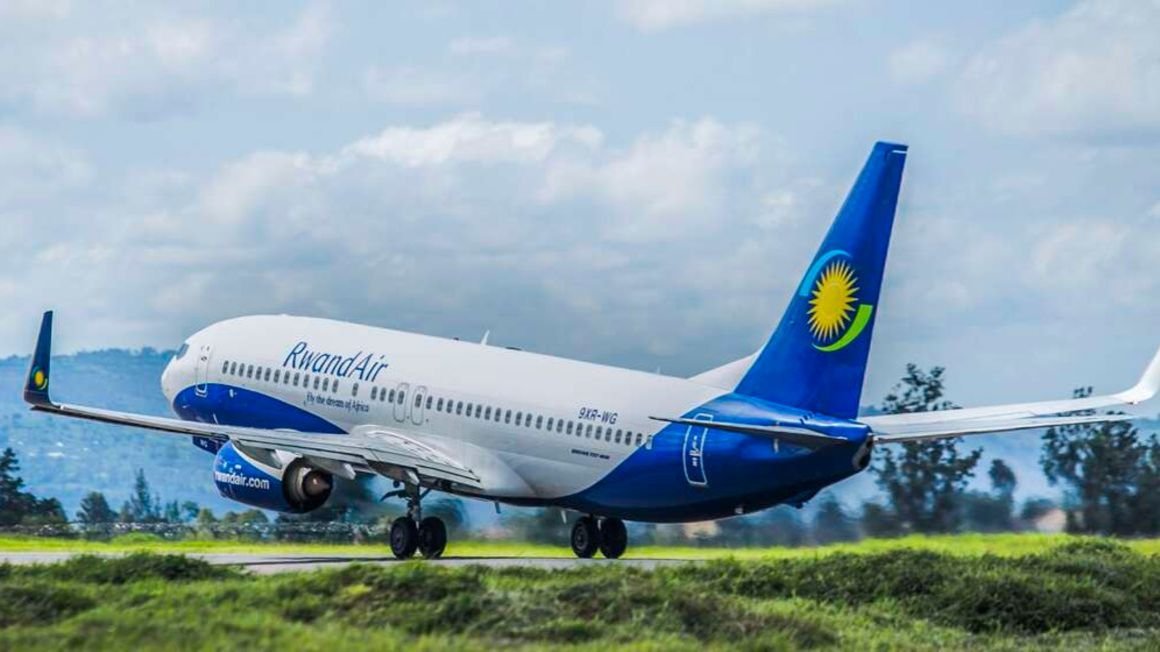Yvonne Manzi Makolo, CEO of RwandAir, says that the company, now 49% owned by Qatar Airways, is looking beyond the pandemic to exploiting Africa’s huge aviation potential.
How has the Covid-19 pandemic affected your expansion plans and your medium- to long-term strategy?
We had a lot of momentum in the lead-up to the pandemic. We were expanding and had 29 routes running and more planned, both within and beyond Africa, but when Rwanda went into lockdown, we had to shelve most of these plans.
Rwanda closed off its airspace to commercial flights between March and August 2020, so we had to ground our fleet and re-evaluate our business model. The government of Rwanda has taken the pandemic very seriously, but has been very supportive of affected businesses, including those in aviation. Our staff were considered front-line workers, so we were able to get everyone vaccinated quickly.
We were able to operate cargo-only flights to support the export sector, as well as bringing in medical supplies like PPE. We converted our cabins to allow us to transport high-value exports like avocados, chillis, French beans, and flowers to lucrative markets in Europe and the Gulf.
We also carried out several repatriation flights, mainly to and from Europe, North America, and China, not just for Rwandans but also for citizens of other Central African counties.
By the time we resumed commercial flights in August 2020 we had shrunk our network to remove less profitable routes, including to Senegal, Juba, and Tel Aviv, which have still not been restarted.
Unfortunately, we were also forced to lay off some staff, though we have started rehiring them now. We had to cut back on in-flight services to focus more on safety and security procedures, which was obviously our priority.
We were on the road to recovery when the Omicron variant was recognised in December 2021, which was peak travel season. That knocked us back again as we had to stop all our Southern African routes, as well as major long-haul flights, to London and Dubai for example.
Now that the Omicron outbreak is being managed things are once again picking up and we are seeing increased passenger numbers. We hope to see consistent improvements between now and the 2022 summer season.
Covid has created challenges, but also opportunities, with SAA’s privatisation and Kenya Airways restructuring its network. How is RwandAir planning to fill new gaps in the market?
We had to pull out of some of our own routes, which other airlines are now eyeing, while we are looking at moving into new routes that have become available and which fit with our location and model.
Africa was already underserved and less connected than it should be, so there are lots of opportunities for airlines to gain market share at the moment. Even during the pandemic, we opened a few new routes.
These included Bangui (CAR), and Goma and Lubumbashi (DRC), which have been doing extremely well since we opened them in 2021. So, we are still working towards our objective of connecting Africans with each other and with the world.
In 2020 it was announced that Qatar Airways was purchasing a 49% stake in RwandAir. What is the state of negotiations, and how will they help RwandAir establish itself as a global airline?
Commercial initiatives, such as codeshares, between RwandAir and Qatar Airways were agreed upon in September 2021 and have been operation since December 2021. These have linked Kigali’s air transport hub with that of Doha, which allows us to expand our network significantly.
We can now reach most of Eurasia, while Qatar can reach most of Africa. Travellers can earn and exchange air miles between loyalty schemes, while we have access to Qatar Airways’ training facilities for pilots and cabin crew.
Qatar Airways has also purchased a 60% stake in Rwanda’s Bugesera International Airport. How does this arrangement benefit both Qatar and Rwanda?
The joint venture is still being worked out but is probably a few months away from being finalised. This will give Rwanda a large, modern airport, which is central to our plans to make Rwanda a transport hub, as well as Qatar’s plans to service the African continent. This will allow RwandAir to expand and allow the economy to benefit from ripple effects such as tourism and job creation.
It’s a massive project, around 25km outside Kigali, that is set to grow into an “airport city”, with housing, hotels, and entertainment centres, which presents a world of opportunity to local businesses. The first phase is set to be completed in 2024-25, which will give the airport a capacity of 7m passengers.
The second phase will expand on that, but details are yet to be finalised. The whole project is a good example of the government’s preferred private-public partnership (PPP) model, and there will be opportunities for further PPPs in everything from construction to service provision as the project advances.
How is RwandAir embracing innovation to attract customers and establish itself in the international market?
We are always looking for ways to make travel easier, add value and differentiate ourselves from the competition. We have invested in digitising and automating a lot of things, such as online sales and online check-ins, which has actually been helped by the pandemic and the emphasis that was put on getting things done remotely.
Qatar Airways has always been on the front line of innovation, and Rwanda is a very IT-focused country, so the deal between the two will let us complement each other’s innovative spirit perfectly.
How important is the African Continental Free Trade Agreement (AfCFTA) to RwandAir, and what is your role in the promotion of African trade?
The finalisation of AfCFTA will be a game-changer as it will force change across the continental economy, including in aviation. It will become impractical to operate a free trade area without broad “open skies” agreements, inclusive visa policies, and other provisions that will make it easier for people to use our services.
At the moment many barriers still exist across Africa, including complicated visa procedures, inconsistent infrastructure, a lack of ground handling facilities, prohibitively high airport taxes, and unmaintained or unlit runways, all of which have to be addressed before Africa can develop a sustainable and affordable aviation industry.
For AfCFTA’s benefits to be felt in full, governments need to look at the continent holistically and address some of these bottlenecks so that aviation isn’t a limiting factor.
As Rwanda becomes a regional centre for sport, tourism, and the MICE (meetings, incentives, conferences and exhibitions) segment, while promoting travel-friendly policies at home and abroad, AfCFTA presents Rwandans, RwandAir, and our partnership with Qatar with the opportunity to play a crucial role in Africa’s future.
Source: African Business

